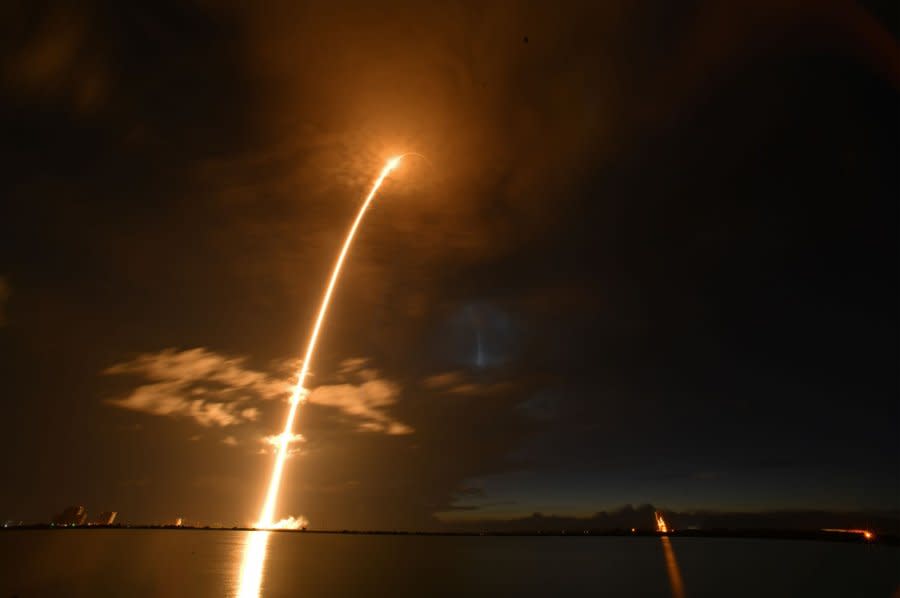Canada’s Telesat to get 198 communication satellites for low-Earth orbit

Aug. 11 (UPI) -- Nearly 200 advanced communication satellites for low-Earth orbit will be added to a network at a cost savings of $2 billion, Canadian satellite operator Telesat said Friday.
Space technology company MDA Ltd. will build 198 satellites for Telestat's low-Earth orbit program. MDA's satellites are slightly smaller than their predecessors, have increased network efficiency and will lead to an anticipated cost saving of around $2 billion relative to Telestat's previous estimate.
"We believe in Telesat's mission and vision and are excited that our software-defined digital satellite product will be a key enabler in meeting their goals as we work together to usher in the next generation of space-based satellite communications," said MDA's CEO Mike Greenley.
Elsewhere, Telstat said it has an additional $2 billion in funding commitments from the federal and provincial governments in Canada, supporting what it called the "New Space Economy" for the country.
"Canada remains a strong supporter of Telesat Lightspeed and will continue to help solve some of the most pressing challenges we face here on Earth, from bridging the digital divide, to health, climate change, national security and more," federal Minister of Innovation, Science and Industry François-Philippe Champagne said.
As opposed to geostationary satellites, which orbit Earth at an altitude of 22,300 miles, low-Earth satellites orbit at just a few hundred miles off the planet and work as communication satellites.
Many of them must be used, however, because they cannot carry the large amounts of data needed to relay TV transmissions. SpaceX, a brainchild of Elon Musk, on Friday launched a Falcon 9 rocket with a payload of 22 Starlink satellites into space from Cape Canaveral Space Force Station in Florida.
The payload was deployed into low-Earth orbit where they will join the constellation of thousands of Starlink satellites that provide high-speed, low-latency Internet worldwide.

